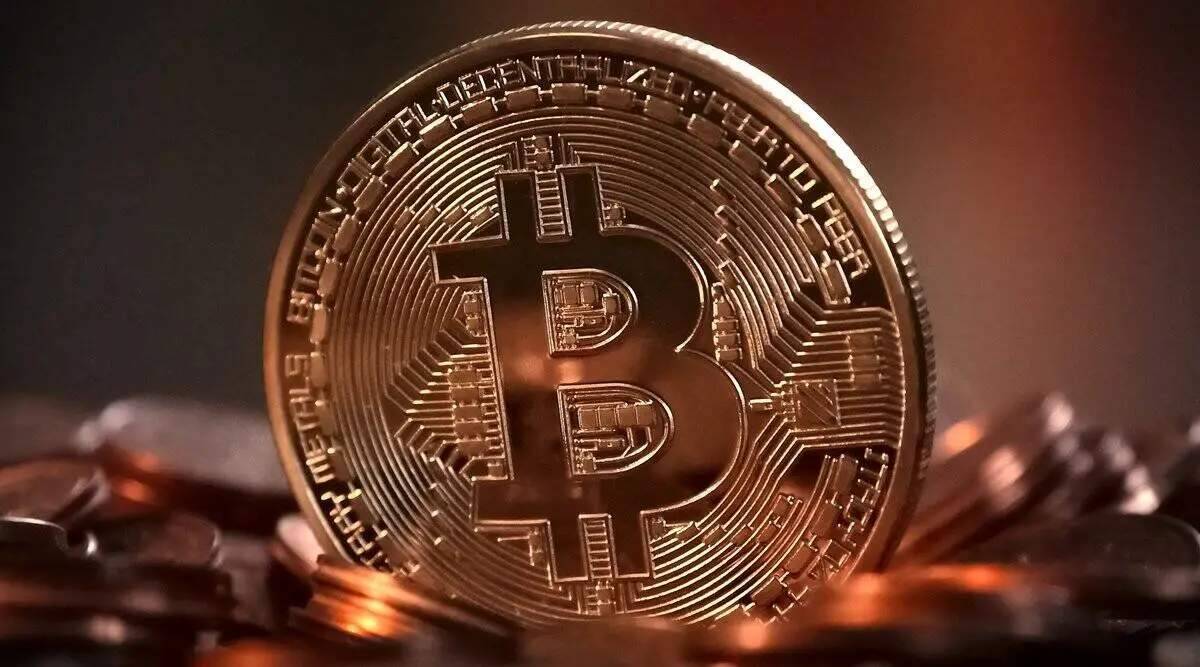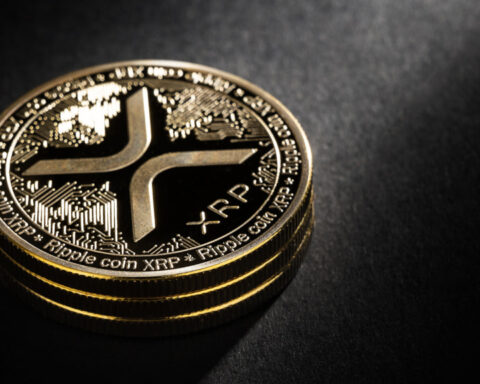As President-elect Donald Trump’s inauguration approaches, Bitcoin enthusiasts are anticipating a potential price surge, driven by his pro-crypto promises, including the establishment of a national Bitcoin reserve.
Central to this discussion is Senator Cynthia Lummis’ BITCOIN Act of 2024. This controversial bill proposes that the Treasury acquire 1 million BTC over five years, with annual purchases of 200,000 BTC.
The proposal has sparked heated debate among crypto analysts. Some view a Bitcoin reserve as a safeguard against the flaws of the fiat monetary system, while others warn of the potential for economic instability. Critics suggest it could trigger hyperinflation for the dollar, while proponents argue that delaying Bitcoin adoption may leave the US lagging behind.
Ki Young Ju, CEO of on-chain analytics firm CryptoQuant, framed the debate as a paradox: “Should Bitcoin be adopted early because the dollar is weakening, or could adopting Bitcoin itself be the catalyst for the dollar’s decline?”
Global Perspectives on Bitcoin Adoption
In Suriname, independent presidential candidate Maya Parbhoe has built her campaign around anti-corruption and fiscal reform, inspired by El Salvador’s Bitcoin adoption.
Parbhoe criticized traditional monetary systems, stating, “Endless money printing and [a] Ponzi-like banking system has created a loser game that leads to hyperinflation.” She believes Bitcoin adoption could curb reckless fiscal policies, forcing governments to operate within their means and restoring public trust in the monetary system.
“Failing to adopt Bitcoin as a reserve asset is equivalent to ignoring the internet in the 1990s. It’s financial suicide,” she warned.
Samson Mow, CEO of Bitcoin accelerator Jan3, echoed these sentiments, emphasizing the potential for Bitcoin reserves to offset US debt. “If the US adopts Bitcoin on a meaningful scale… it could use the future appreciation of Bitcoin to offset or even eliminate the debt,” Mow said.




